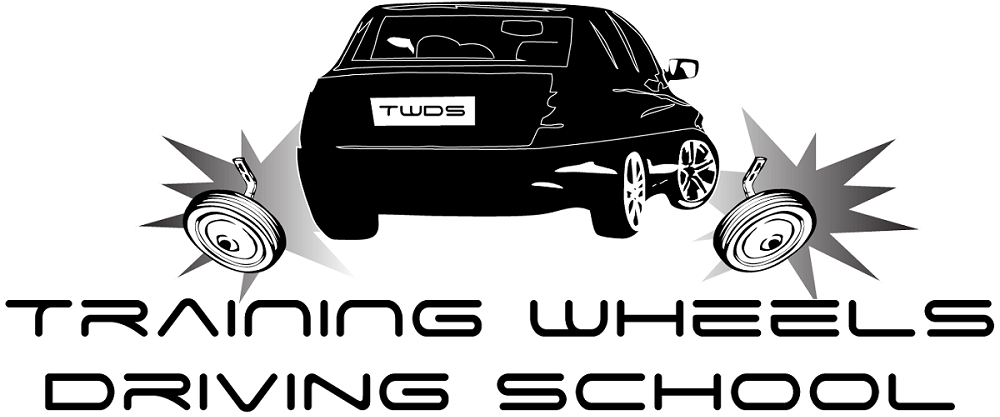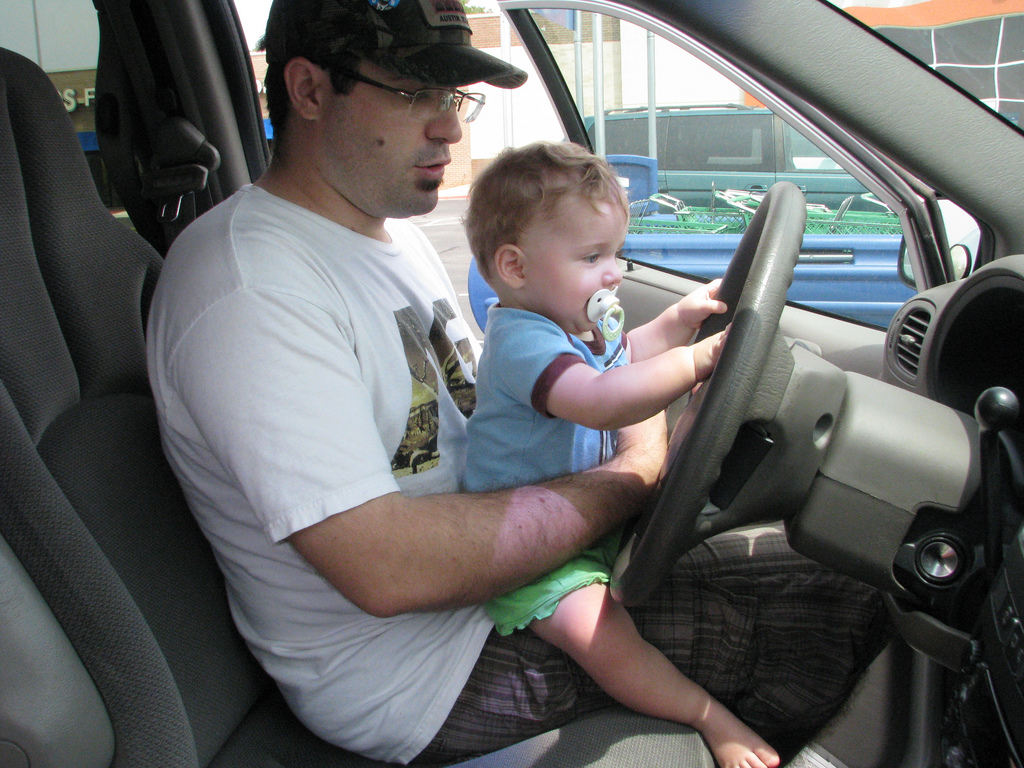Parents of teen drivers may feel like they are no longer in control but this is not true. In fact, parents are the single largest influence for teens learning to drive. This provides an opportunity for parents to connect with their children but it can also be a stressful experience. Above all else, the security and safety of teen drivers must be considered.
What parents do behind the wheel is more important than what they say. Children typically imitate the behavior of their parents including actions exhibited when behind the wheel. Therefore, parents should focus on their driving behaviors and practice what they preach. Wearing a seatbelt, obeying speed limits, and refraining from distracted and aggressive driving are a few examples.
Now is the time to talk to teens about the serious responsibility of driving and explain which skills and behaviors will make this a successful experience. Parents should relay their knowledge and experience in positive ways to reinforce good driving habits. To become better role models, these adults should improve their own driving habits. There is never a wrong time to become a safer driver so parents should make this a lifelong process.
Parents also serve as coaches for their teen drivers and this requires stepping out of the parenting role and exhibiting a lot of patience. Teen drivers will make mistakes but parents should remain calm and demonstrate the proper behaviors until teens master these. Establishing ground rules and avoiding arguments during lessons should prove helpful. When providing feedback or instructions, parents should be clear, stating exactly what they mean without leaving room for interpretation.
During each driving lesson, parents should point out both good and bad behaviors of teenage drivers. This provides encouragement that improves teen confidence and makes the new drivers determined to improve their skills. If things get heated, instructing the teen to pull over and stop the car provides some time to cool down. No matter how bad things get, parents should avoid talking down to teen drivers because the negative feelings this creates can be long-lasting.
When working with teen drivers, parents should emphasize defensive driving. Being a coach requires understanding what will make the teenager a better driver. Parents should emphasize the importance of avoiding distractions while driving, remaining calm, and always having a way out of a difficult driving situation. With the right approach, parents help their teenage drivers to become role models to others.
*Photo Courtesy of James Lavin via Creative Commons License

